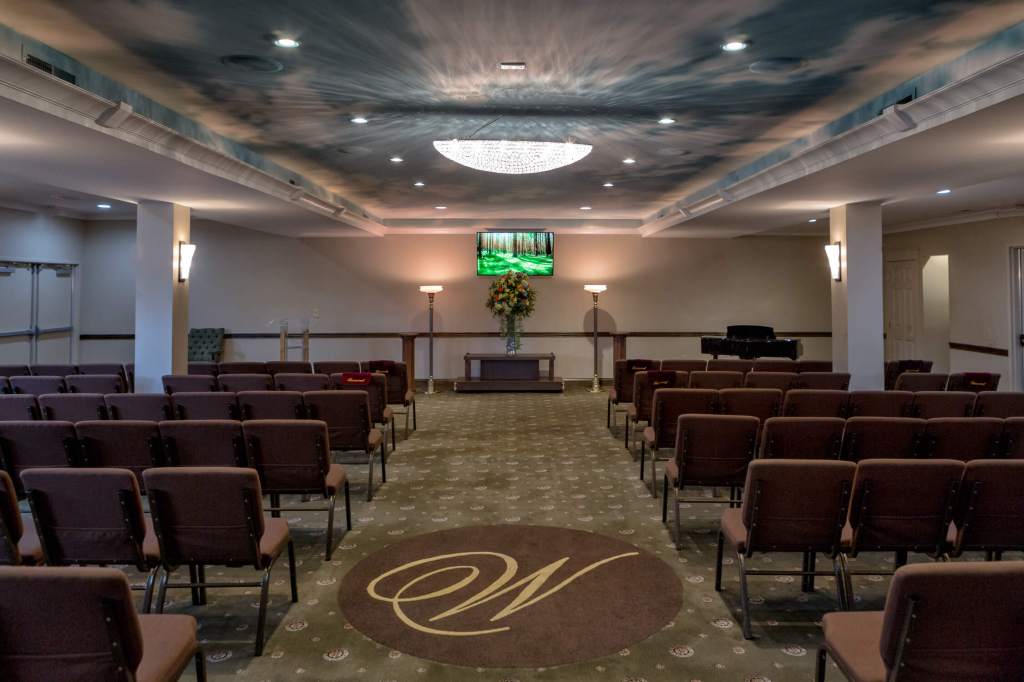Planning a funeral involves making numerous decisions during a time of immense grief. However, creating a meaningful tribute can offer solace and honor the memory of your loved one in a way that feels genuine and heartfelt. This blog post will guide you through the essential elements to consider when planning a funeral, ensuring that every detail reflects the unique life of the deceased.

Understanding the Importance of a Thoughtful Funeral
A funeral is more than a final goodbye; it’s a celebration of life, a comfort for the grieving, and a chance to start the healing process. Planning a thoughtful funeral ensures that the service not only honors the deceased but also provides solace and closure for family and friends. By understanding the key elements involved, you can create a meaningful tribute that resonates with everyone who attends.
Selecting Meaningful Music

Music plays an integral role in setting the emotional tone of the funeral. Whether it’s a live performance or a pre-recorded playlist, the right music can evoke memories and provide comfort. Choose songs that were meaningful to your loved one or that reflect their personality and tastes.
Live Performances vs. Recorded Music
Live performances can add a personal touch and make the service feel more intimate. However, recorded music allows for a broader selection of songs and can be easier to manage. Consider what would best honor your loved one and what fits within your budget and logistical capabilities.
Creating a Playlist
A well-thought-out playlist can guide the emotional flow of the service. Start with soothing, reflective music as guests arrive, followed by more uplifting songs during the eulogy or speeches, and end with a comforting tune to encourage reflection as guests depart.
Crafting a Heartfelt Eulogy
The eulogy is often the centerpiece of a funeral service. It’s an opportunity to share stories, celebrate the deceased’s life, and provide comfort to those in attendance. Crafting a heartfelt eulogy requires thought, reflection, and sometimes, collaboration.
Gathering Stories and Memories
Speak to family members, friends, and colleagues to gather a range of stories and memories. This will help create a comprehensive and balanced view of your loved one’s life. Include anecdotes that showcase their personality, accomplishments, and the impact they had on others.
Structuring the Eulogy
A well-structured eulogy typically includes an introduction, a body where you share stories and memories, and a conclusion that offers a final tribute. Keep it concise and focused. Aim for a length that holds the audience’s attention without overwhelming them.
Incorporating Personal Touches

Personal touches make the service unique and meaningful. These can include displaying photographs, sharing video montages, or incorporating your loved one’s favorite hobbies or interests into the service.
Memory Tables and Displays
Set up a memory table where guests can view photographs, personal items, and other memorabilia. This can serve as a focal point for guests to reflect and share their own memories. Encourage attendees to contribute by bringing items that remind them of your loved one.
Custom Keepsakes
Providing keepsakes like personalized candles, bookmarks, or small tokens can offer comfort to guests and serve as a lasting reminder of your loved one. These items don’t have to be extravagant; even simple mementos can have a profound impact.
Arranging Floral Tributes
Flowers play a significant role in funerals, symbolizing love, respect, and beauty. Choosing the right floral arrangements can create a serene and comforting atmosphere.
Types of Floral Arrangements
Consider traditional arrangements like wreaths, sprays, or bouquets. You might also opt for more personalized displays that reflect the deceased’s favorite flowers or colors. Consult with a florist who specializes in funeral arrangements to ensure the flowers convey the right message.
Sustainable Options
For those concerned about the environmental impact, consider sustainable options like potted plants, biodegradable arrangements, or donations to a favorite charity in lieu of flowers. This can add a meaningful and eco-friendly dimension to the service.
Creating a Comfortable Environment

At Walker Funeral Home we ensure that the funeral environment is comfortable for all attendees is crucial. This includes everything from seating arrangements to temperature control to providing refreshments.
Seating Arrangements
Plan the seating to allow for maximum comfort and visibility. Reserve front rows for close family and friends. Ensure there are enough seats for all guests, and consider providing additional seating for elderly or disabled attendees.
Refreshments and Hospitality
Offering light refreshments can provide comfort and encourage guests to stay and share memories after the service. Simple options like tea, coffee, and finger foods are usually sufficient. Ensure that there are options to accommodate any dietary restrictions.
Coordinating Logistics and Timelines

Photo by RDNE Stock project on Pexels.com
We also help our families in coordinating the logistics and timelines ensures that the service runs smoothly. This includes everything from transportation for the family to the order of events during the service.
Transportation Arrangements
Arrange for transportation for immediate family and close friends, especially if the venue is far from home or difficult to access. This can alleviate stress and ensure everyone arrives on time.
Order of Service
Create a detailed order of service, including timings for each segment of the funeral. Share this with all involved parties, such as officiants, musicians, and speakers, to ensure everyone is on the same page and the service flows seamlessly.
Support for Grieving Family Members

Supporting grieving family members is an essential aspect of what we do. This includes both emotional and logistical support to help them through this challenging time.
Emotional Support
Offer resources such as counseling services or grief support groups. Sometimes, just being present and offering a listening ear can make a significant difference.
Practical Assistance
Assist with practical matters like organizing documents, coordinating with funeral service providers, and handling administrative tasks. This can ease the burden on grieving family members and allow them to focus on mourning and healing.
Ensuring Legal and Financial Considerations
There are several legal and financial aspects to consider when planning a funeral, including obtaining death certificates, handling estate matters, and arranging for any pre-paid funeral plans.
Obtaining Death Certificates
Ensure that you obtain the necessary number of death certificates for handling legal and financial matters. These will be required for processes such as closing bank accounts, filing insurance claims, and transferring property.
Handling Estate Matters
Work with an attorney or a trusted advisor to handle estate matters efficiently. This includes reading the will, distributing assets, and addressing any outstanding debts or financial obligations.
Encouraging Community Involvement
Encouraging the involvement of the community can provide additional support and create a more meaningful tribute. This can include inviting community leaders to speak, incorporating community traditions, or hosting a reception after the service.
Inviting Community Leaders
Consider inviting community leaders, such as religious figures or local dignitaries, to speak or participate in the service. Their presence can offer additional comfort and highlight the deceased’s impact on the community.
Hosting a Reception
A reception after the service provides an opportunity for guests to share memories, offer condolences, and support one another. This can be a less formal setting where people feel more comfortable expressing their emotions and connecting with others who are grieving.
Planning a funeral can be overwhelming, but focusing on creating a meaningful tribute can provide solace and honor your loved one’s memory. By considering these key elements—venue, music, eulogy, personal touches, floral tributes, environment, logistics, support, legal considerations, community involvement, and memory preservation—you can ensure that every detail reflects the unique life of the deceased.
Remember, you don’t have to do this alone. Our team at [Funeral Home] is here to support you every step of the way. Reach out to us for personalized assistance and compassionate care during this difficult time.